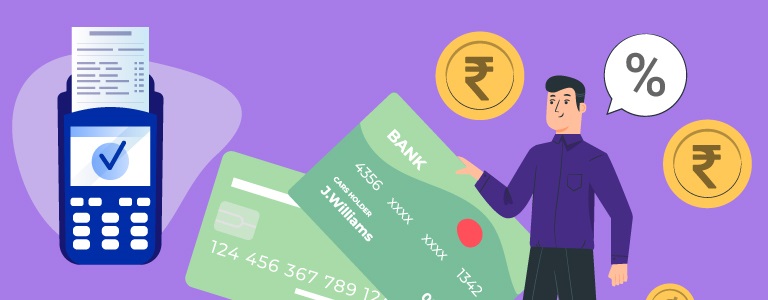Follow us :

Understanding Debt Consolidation Loans: How They Work and When to Consider Them
Managing multiple debts can be overwhelming, especially when each comes with its own interest rate and payment schedule. In such situations, debt consolidation loans offer a practical solution. By combining multiple debts into a single loan with a potentially lower interest rate, debt consolidation loans can simplify repayment and save money over time. In this article, we’ll delve into how debt consolidation loans work, their benefits and drawbacks, and when it’s prudent to consider them.
How Debt Consolidation Loans Work:
Debt consolidation loans function by taking out a new loan to pay off existing debts. This new loan typically has a fixed interest rate and a repayment term, which can range from a few years to several years. Once approved, the borrower uses the funds from the consolidation loan to pay off their outstanding debts, leaving them with only one monthly payment to manage.
When to Consider Debt Consolidation Loans:
- Simplifying Payments: Managing multiple debts with varying due dates and interest rates can be confusing. Consolidating these debts into a single loan streamlines the repayment process, making it easier to keep track of payments and avoid missed deadlines.
- Lower Interest Rates: One of the primary motivations for consolidating debt is to secure a lower interest rate than what is currently being paid on existing debts. If the interest rate on the consolidation loan is lower than the combined rates of the individual debts, the borrower can potentially save money on interest charges over time.
- Single Monthly Payment: Consolidation loans merge multiple debts into one, resulting in a single monthly payment. This can help borrowers better manage their cash flow and budget effectively, as they only need to track one payment instead of several.
- Fixed Repayment Term: Debt consolidation loans often come with a fixed repayment term, which means borrowers know exactly when their debt will be fully repaid. This can provide a sense of certainty and control over their financial situation.
- Debt Management: For individuals struggling to keep up with multiple debt payments or facing the risk of default, consolidating debts into a single loan can offer a more manageable path to debt repayment and financial stability.

Drawbacks of Debt Consolidation Loans:
While debt consolidation loans offer several benefits, it’s essential to consider potential drawbacks:
- Eligibility Requirements: Qualifying for a debt consolidation loan may require a good credit score and a stable income. Individuals with poor credit or irregular income may find it challenging to secure favorable terms.
- Fees and Charges: Some lenders may charge origination fees or other upfront costs for debt consolidation loans, which can increase the overall cost of borrowing.
- Risk of Accumulating More Debt: Consolidating debts can free up available credit on existing accounts, tempting some individuals to accumulate additional debt. Without addressing the underlying spending habits or financial behaviors that led to indebtedness, consolidation alone may not solve the problem.
Conclusion:
Debt consolidation loans can be a valuable tool for simplifying debt repayment and potentially reducing interest costs. However, they are not a one-size-fits-all solution, and careful consideration is necessary before pursuing this option. By understanding how debt consolidation loans work, weighing the pros and cons, and assessing individual financial circumstances, Canadians can make informed decisions to improve their financial well-being and work towards a debt-free future.
*Note: This article is for informational purposes only and should not be considered financial advice. Always consult a qualified professional before making any financial decisions.
In negotiations, I’ll represent you. When it comes to discussing mortgages with their bank, many customers are unsure or uneasy. Even if you have an existing relationship with your branch, I can use that relationship to your advantage when negotiating your mortgage, ensuring that you get the best rates and terms possible. Call me right now for a free, no obligation consultation. Call +1 (431) 999-8485 or Apply now!
about me
FSRA Licence No : 12727
Mortgage Licence No: M21000951
I always aim to exceed customer expectations and provide creative solutions to meet any kind of demand.
Services
Mortgage services
-> Purchase
-> Refinancing
-> Renewal
-> 2nd & 3rd Mortgage
-> Debt Consolidation

